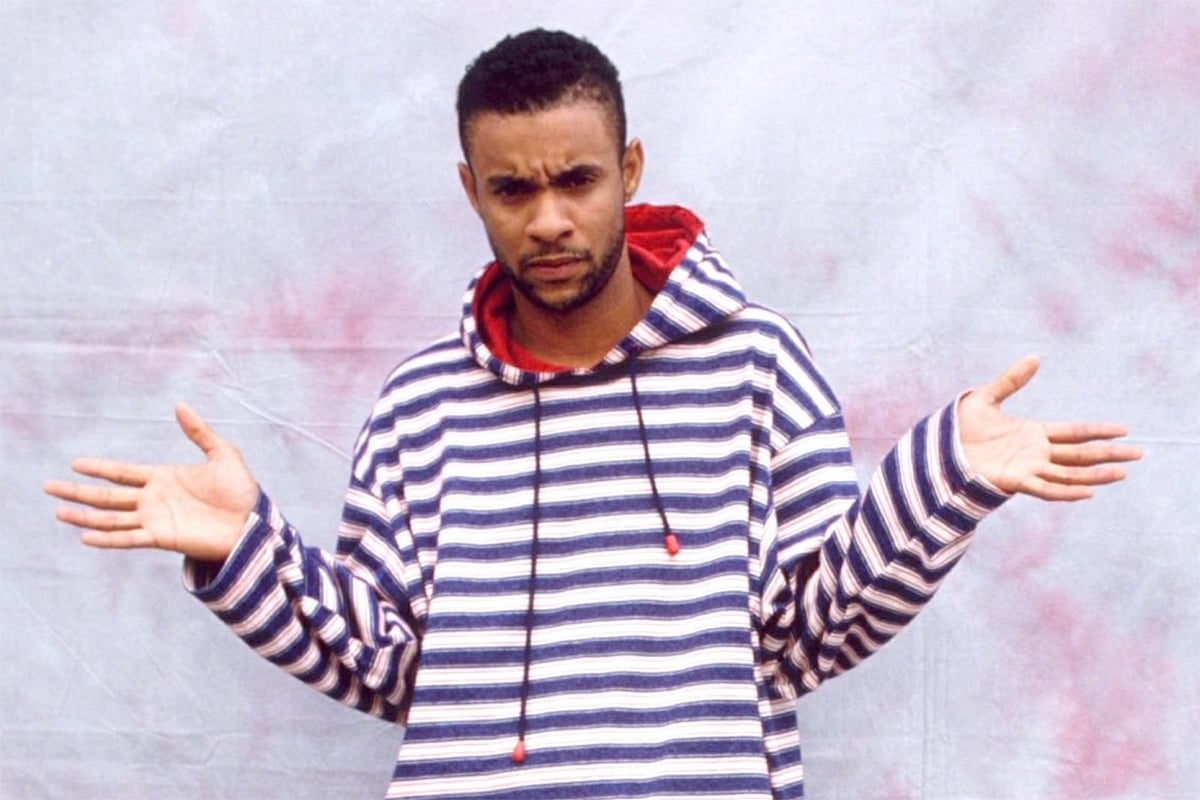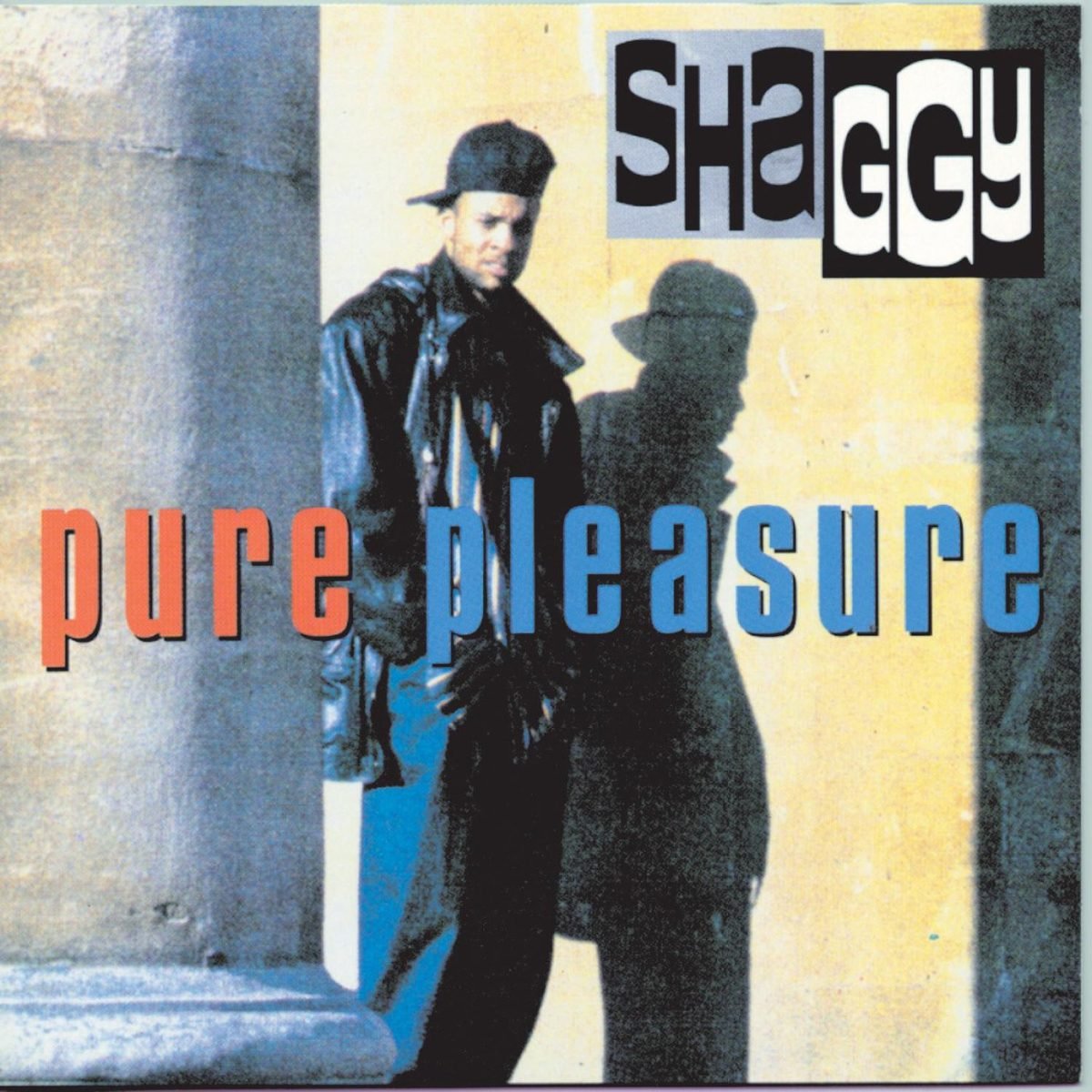Shaggy’s Debut Album Turns 30

While hardly the tour de force that some of his later works turned out to be, Shaggy’s debut album Pure Pleasure commands reverence as the pivotal point of origin from which his legendary career radiated. Beyond that, the album was an intriguing yet flattering reintroduction of Dancehall music to the world, buoyed then by enthusiasm, youth, and bravado.
Today, July 30, 2023, marks the 30th anniversary of that charmingly irreverent project, initially released in 1993 by Virgin Records.
More than youthful exuberance, Shaggy’s willingness to embark on the path less traveled with Pure Pleasure – in which he playfully risked sacrilege by remixing an old negro spiritual (It Soon Be Done), among other things – is a testament to the unique brand of fearlessness that possessed the then 25-year-old.
Others like Brooklyn-based producer Sting International, who’s worked with Shaggy since he first braved the unpredictable music terrain, bore witness to that Mad Scientist-like quality.
“I’m like, ‘This guy is crazy. He’s a little nuts, but he’s got something,” Sting International recalled to Billboard of his first interaction with Shaggy. Turns out, Shaggy was more than just “a little nuts”. He was ballsy, and that singular trait – aided by his undeniable talent – laid the framework for what would become one of the first major Dancehall projects to successfully, even if not significantly (it has only sold 167,000 units in the US), bridge the gap between the island genre and mainstream Pop.
While it cannot be said with any modicum of certainty that Shaggy had fully calculated how impactful Pure Pleasure would have been, even if only for his own career at first, it is at least evident that he had pioneered the blueprint that would inform his eventual and unparalleled success.
Pure Pleasure was quietly groundbreaking. Shaggy’s penchant for experimentation was laced throughout the entire 15-track project, where songs like Oh Carolina, Bedroom Bounty Hunter and the opening salvo, Soon Be Done, shone amongst a collection of vibrant Dancehall offerings.
In retrospect, the album was Shaggy’s – and by extension Dancehall music’s – best answer to the question: ‘What happens when a genre forgets its limitations and breaks all the rules?’ The project made its bed on Dancehall music’s unabashed and eager embrace of sexual liberation, which ultimately provided enough fuel for the album’s spirited, and sometimes comical ping-ponging between themes related to sex and dancing. At points, it even manages to combine the two themes on tracks like All Virgins.
The result of the above is, sonically, a percussion-heavy, bass-driven mix of songs that never lose sight of their energetic roots. Shaggy expertly masked what would have otherwise been too strong an offering of Dancehall for a largely conservative American audience, and made the unfamiliar sound hard to ignore by latching it onto things America had already embraced. No better example of this exists on the project than with Oh Carolina – a track released two years prior to the album’s debut.
Remixing the Folkes Brothers’ Ska hit of the same name after returning from Kuwait on military duty, Shaggy infused some new blood into the fan-favorite track, essentially guaranteeing his experiment an already primed base of listeners in the US. Though the strategy worked, Oh Carolina failed to reap the kind of success that reflected the investment it took. In the UK, however, it was a different story.
In 1992, after being picked up by Greensleeves Records, it rocketed to the top of the UK Singles chart. Within a year, partially due to the single’s success, Shaggy inked a historic deal with Virgin Records. He would then release Pure Pleasure, jointly produced by Robert Livingston and Sting International, whose real name is Shaun Pizzonia. Shaggy disclosed in a 2022 interview with DJ Vlad that the record deal “was the highest signing ever in the history of Dancehall and Reggae, signing for over a million pounds.”
Even though Shaggy wasn’t close to the icon we now know him to be, Pure Pleasure gave us a glimpse into the early stages of his evolution. Give Thanks And Praise, the second track on the album, brought Shaggy’s self-awareness and spirit of gratitude to the fore, while Nice And Lovely, featuring Rayvon, encapsulated the future Grammy Award-winner’s lyrical flair almost as much as it demonstrated his ear for talent.
Other tracks like Big Up and Mampie, which had developed massive followings of their own among Reggae and Dancehall lovers in New York City, were also included on the album, becoming tracks 12 and 15, respectively.
Pure Pleasure did not take itself too seriously, and therein perhaps lies its ultimate allure. It seems Shaggy understood the purpose and significance of his music relative to that specific moment in time, and he navigated that lane to near perfection.
Finding just the right balance between playful, innocent fun, while holding true to the soul of Dancehall music, positioned Shaggy’s Pure Pleasure as a cornerstone in the progressive march of the genre over the years. And though it is often overlooked – largely a consequence of Shaggy’s own success, its impact cannot be ignored. It’s a grounding body of work whose value has ballooned in the face of Dancehall’s identity crisis, functioning almost like a compass. It was a force against the grain, and now, 30 years on, not much has changed.

